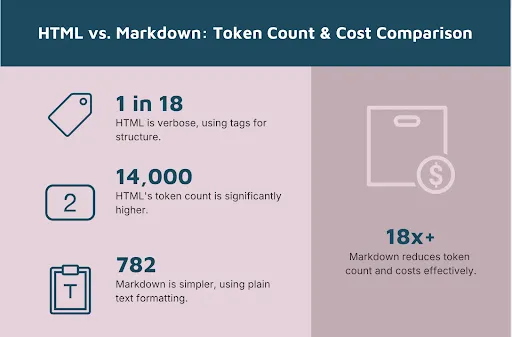To see how relevant SEO is when it comes to scaling your business, first consider a situation we can find ourselves in every day:
Consider the last time you were looking for new ideas for food or restaurants nearby...where did you look for answers? Friends, colleagues, co-workers?...all of them valid, but there's a good chance you just looked it up on Google from your phone. Like most people in the world looking for anything to buy (i.e., services or products) they'll start their search from a computer or their phone, and more specifically: a search engine.
Businesses that want to grow must look to SEO as a primary tool to increase visibility and reach more of their customer base to eventually increase revenue in a scalable way. To recap on what SEO is, in our guide to search engine optimization (SEO), we define it as the process of increasing both the quality and volume of organic traffic arriving on a website. Let's take a look at some ways SEO has helped other companies scale their own growth.
How does SEO scale for business?
While there are many ways that SEO can help businesses to scale their growth, this post is going to highlight a couple that we think are worth mentioning below:
Scaling with Cost
SEO can help you save money by replacing other forms of advertising like paid search. Unlike paid search & paid social, organic traffic doesn't cost you for each click that your website receives from a search engine results page (SERP) like Google. SEO can be used as an effective way to pull your advertising budget back to improve ROI (return on investment).
This is not to say that SEO doesn't have its own associated costs. The truth is SEO is still an investment. While people refer to SEO as a form of "free advertising" that's not necessarily true. You have to consider the true costs and expenses of any processes and operations in business. Here are a couple of activities and tasks needed to start building a good foundation for SEO:
- Content strategy development
- Copywriting and content development
- Keyword research and incorporating into content
- Proof-reading & Editing Content
- Website data analysis & reporting
How you pay for the costs of these activities above can be either with your own time (we all started from somewhere) or for larger teams with budgets, doing this in-house or with the help of marketing agencies or contractors (hiring copywriters, content strategists, data analysts, etc).
Scaling with Time & Effort
Although the SEO process can require investing the time and effort upfront (there's start-up current involved with almost anything), after the initial setup & launch of an SEO campaign, it decreases by a lot for managing and maintaining.
Putting the right systems in place to streamline your process for evaluating and managing the current state of your website domain's SEO is necessary to accomplish this. Building processes and automation around these core areas will lower the amount of time required for maintenance and management:
- Content strategy refinement
- Content creation and updates
- SEO audits
- Website health (e.g., security updates)
Building any process will also require an investment for initial creation and improvement. They should include regular evaluation of several factors that play a key role in SEO like keyword rankings based on changes in SERP results, evolving industry standards, and user expectations.
Scaling with Brand Awareness & Reach:
SEO isn't just about increasing keyword rankings for your website; it's also for your audience reach. SEO can help businesses expand globally by serving search results in other countries and languages. Consumers all over the world use search engines as a preferred method to connect with brands to find products and services online. It's important for businesses and brands trying to expand their market share (i.e., into international markets) to consider looking to SEO and organic search as a way to also improve target audience reach.
Scaling with Brand Visibility
One of the main reasons SEO is considered is to increase visibility. With higher rankings and positions comes the benefit of increased brand awareness. Every time consumers search for relevant queries to your brand and come across your listing, this creates an impression and can serve as one of the first touchpoints they'll have with your company. Depending on the context of their search query, how it relates to the title and meta description is a totally different question, but the point still holds: more impressions for your brand can be valuable for your overall brand awareness to your target audience and beyond.
Conclusion
SEO is an investment, but it can provide scalable returns. A caveat to all of this is that your SEO strategy is built on a strong foundation of quality research and discovery to understand your target audience and market demand.


